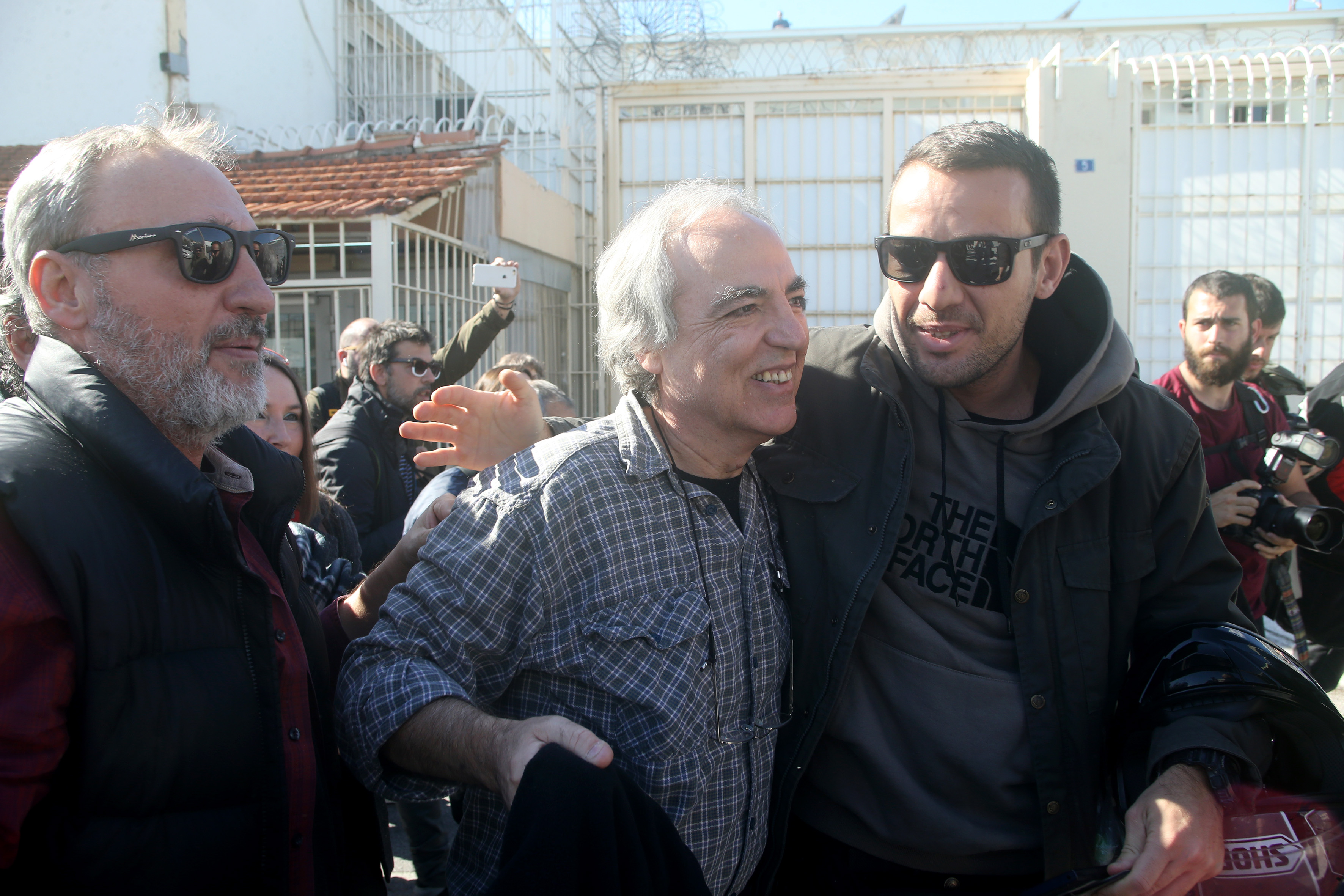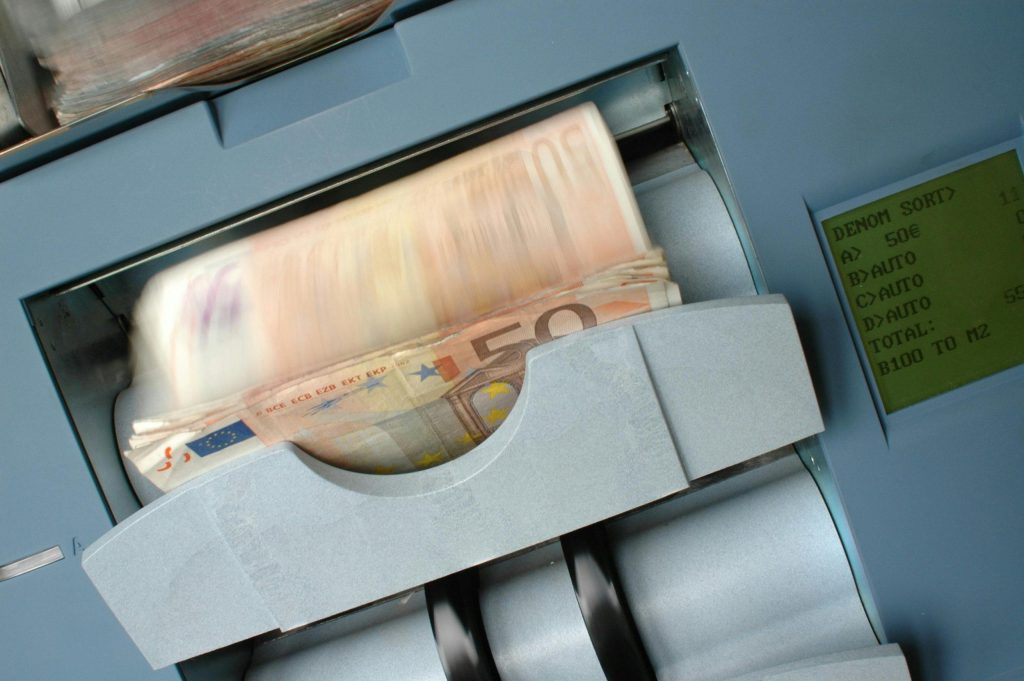The ambassadors to Athens of the United States and Britain, as well as the US State Department and the Turkish foreign ministry have lambasted the decision by the Greek justice system to grant a two-day furlough to the top gun of the notorious but now defunct N17 terrorist organisation, Dimitris Koufodinas.
Officials of all three countries who were serving in Greece were among the N17 murder victims.
US Ambassador to Athens Geoffrey Pyatt, in his personal twitter account, underlines that he respects the independence of the Greek judiciary but that the decision to grant Koufodinas a furlough is an affront to the victims and their families.
The tweet featured a photo of the plaque at the embassy with the names of N17’s American victims inscribed upon it.
Pyatt’s tweet is as follows:
I add my voice to those from across Greece’s political spectrum deploring prison council decision to release a convicted terrorist, murderer & N17 leader. Our democracies rest on independent judicial institutions, but today’s furlough dishonors the victims memory & their families pic.twitter.com/KuYp831GMP
— Geoffrey Pyatt (@USAmbGreece) November 9, 2017
British Ambassador Kate Smith also condemned the furlough in a tweet featuring the photo of a plaque commemorating the murder of Brigadier Stephen Saunders, the British defense attaché who was N17’s sole British victim. Saunders was murdered on 8 June 2000, and his death led to the rooting out of the terrorist group.
Ambassador Smith, a fluent Greek-speaker, posted her tweet in Greek. “We respect the independence of the Greek judiciary, however we are most deeply disappointed with the decision to offer a prison furlough to a murderous terrorist, and we share the pain that this decision provokes for the families of the victims,” the tweet read.
The Turkish foreign ministry expressed disappointment over the furlough, noting the names of three embassy officials who were victims of N17 in the 1990’s . The strikes against Turkish targets included the murder of Çetin Görgü, the Press Attaché of the Turkish Embassy in Athens in 1991, the attempted assassination of Deniz Bölükbaşı and the murder of Haluk Sipahioğlu, both Counsellors at the Turkish Embassy in Athens.
“It is not possible to understand how a terrorist who has repeatedly claimed the lives of our diplomats is given the opportunity to enjoy such an arrangement. Displaying tolerance to a bloodthirsty terrorist in this manner is a sheer disrespect to the memory of our martyred diplomats,” the Turkish foreign ministry tweet said.




